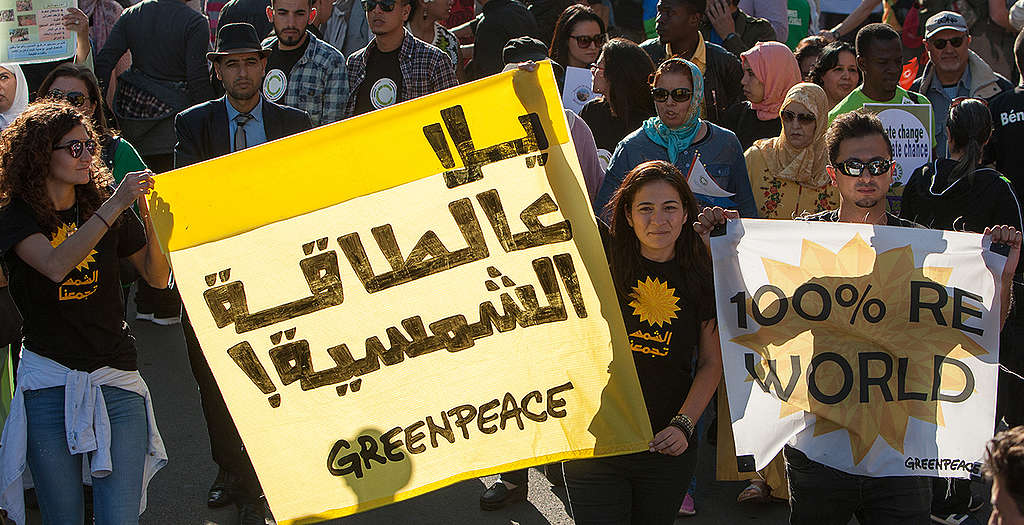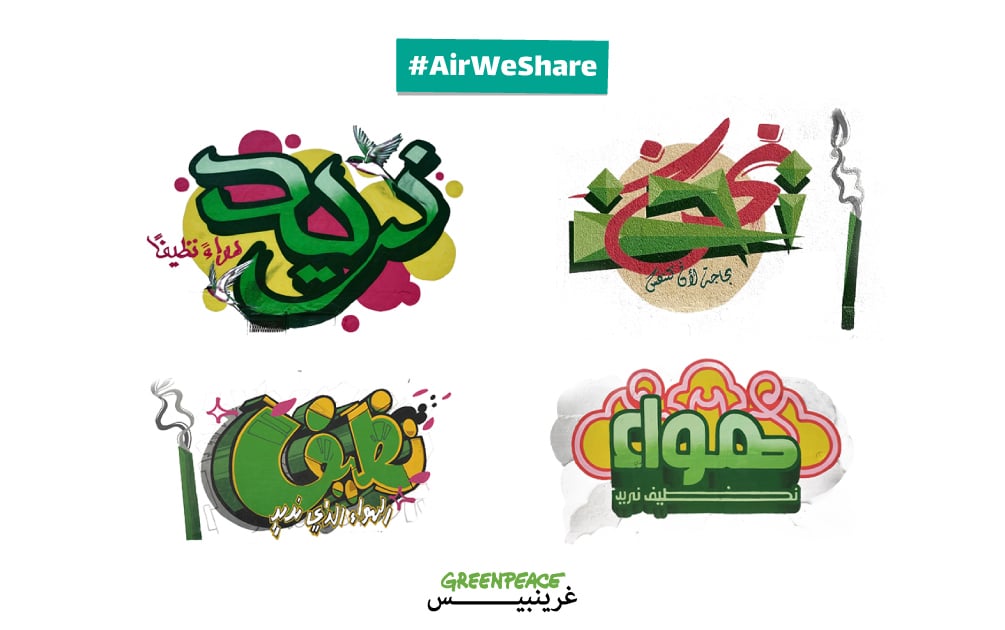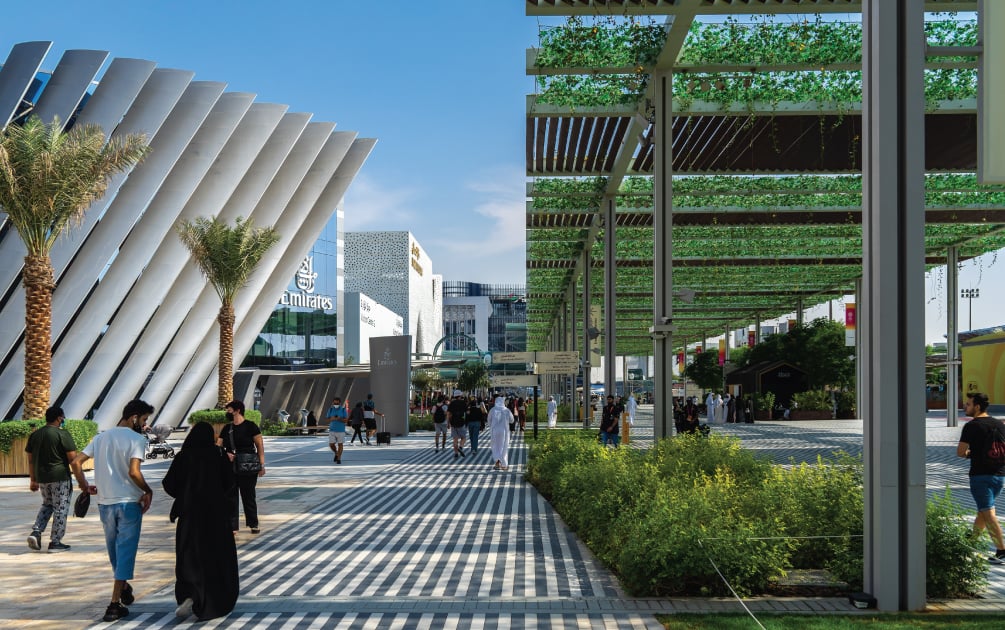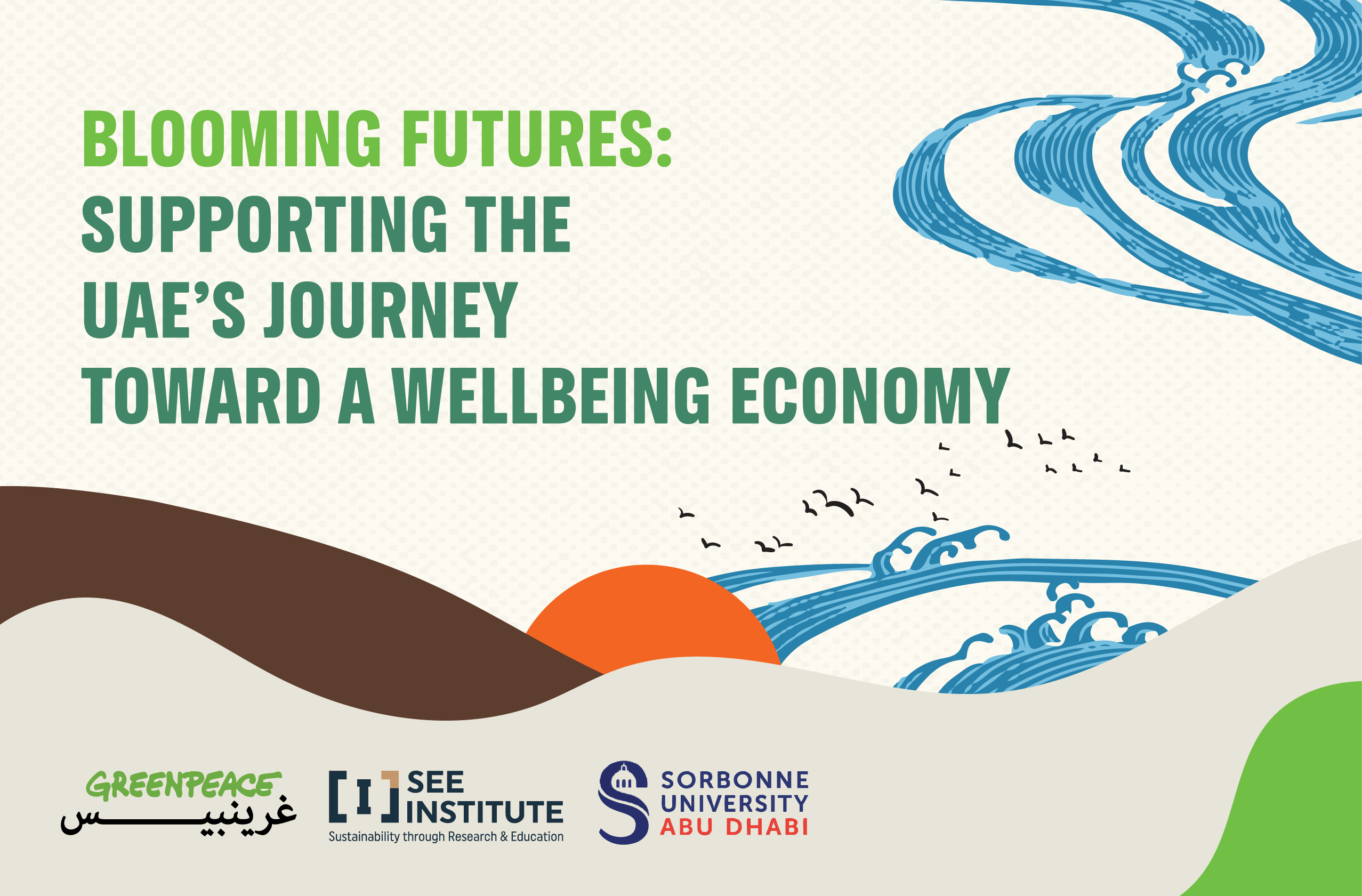Every month we ask our supporters across the MENA region to tell us how they are
experiencing the impacts of climate change. While it is important to note that not all of
these instances can be solely attributed to climate change, the diverse perspectives,
experiences, and realities shared by individuals in our region provide valuable insights into
the various ways they perceive climate change and its impacts on their lives and
surroundings.
We plan to monthly publish this blog – let us know here if you’d like to share your own
experience.
Tanta Is Lacking Precipitations: Where Did the Egyptian Winter Disappear?
Extreme weather conditions, ranging between harsh and sudden frost waves and lack of
precipitations, may be the most frequent weather conditions in most countries of the MENA
region this winter. At least, this is what witnesses of climate change effects tell us in their stories.
The latter are an essential part of the mechanism for investigating and documenting climate shifts
that are emerging in our region due to the climate crisis.
The lack of precipitations may be the major shift that Hosni Sayed Hosni, born and raised in
Tanta, Egypt recalls. According to his testimony, the city that is situated between Cairo and
Alexandria lacks rainfall; he says: “When I was younger, i.e. about 40 years ago, it used to rain
heavily, and we’d fear for the safety of our homes because of the intense and heavy rain. Today,
we note a scarcity of precipitations, which coincides with a significant and sudden drop in
temperatures. Winter has become extremely cold but dry, and in summer the heat intensifies
reaching scorching degrees, which was uncommon during my childhood. Additionally, the
spring and autumn seasons have disappeared; as soon as winter ends, summer begins and it has
become longer and hotter.”
Abdallah Awwad takes us to Cairo where the Mirabilis jalapa plant is widely cultivated. It is also
known as the “four o’clock” plant due to its characteristics, as its flowers bloom between four in
the afternoon and the next morning. Abdallah says: “The flower used to bloom in spring and
summer; it usually begins to wither when fall arrives, its seeds fall into the soil, and then its life
cycle starts again when spring comes.” It seems that climate change has disrupted this cycle, as
the plant is blooming out of season.”
Tayseer Hussein conveys to us a similar testimony from Fayoum Governorate of northern Upper
Egypt, specifically from “a small agricultural village in which climate change has largely
affected crops, and the productivity of sorghum in particular after the severe heat waves and
drought that hit the region last summer,” he says
Back to Cairo with Nada’s testimony, which has not yet experienced the real winter feel. She
explains: “We are now in January (2023), which used to be the coldest month of the year. This
year, I didn’t feel the cold at all and I realized something was wrong.”
Winter in Maghreb Is Bitterly Cold
“Marrakech is known for its hot weather, especially in summer, which is quite normal. However,
high temperatures are persisting until October and November, which is an unusual change. We
are currently mid-January and we are experiencing an unprecedented cold wave, so our winter
has also become abnormal.” This is how Leila describes the changes she recently felt in
Morocco, in a scene that seems similar to the winter in Beni-Mellal region, about 191 kilometers
away from Marrakech. According to the testimony of Mohammad Lotfi who lives in the capital
of Beni-Mellal, “temperatures have severely dropped this year,” however, the city did not
witness significant rainfall.
From the Algerian Boudouaou city, Ibrahim Talmut tells us how he noticed the impact of climate
disruption on the production of the feijoa tree, or what is known in the Arab region as “pineapple
guava” that tastes like guava and pineapple combined. Ibrahim says: “In the past years, the feijoa
tree used to produce a large share of fruits that ripen in early October. By the end of last summer,
productivity had declined by 90%, and fruit ripening was delayed until end-December. I think
this is due to the delayed rain this year.” Indeed, the lack of precipitations was one of the main
manifestations of frequent weather disruptions noted in the testimonies of most Algerians who
wrote to us, including Badr, who concluded his story by saying: “’Winter in Algeria is very warm
this year. The temperatures are notably high during daytime, the weather is mostly sunny, and it
feels like summer. We have not witnessed proper rain yet.”

Greenpeace has been protecting the environment for decades. We’ve stopped many crimes against the planet and held many corporations responsible for their actions. But there are always more scandals, more crimes and more destruction.
Join Us


